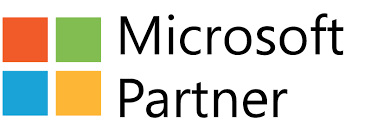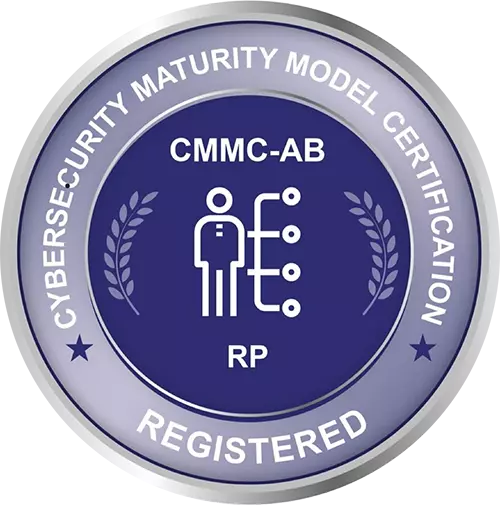
The more patient data that healthcare organizations collect, the greater their need for clinical data abstraction services. If these aren’t a priority for you now, we strongly encourage you to make them one. Here are a few key reasons why these services are so important.
App development continues to be popular for many industries, and healthcare is no exception. According to MobiHealthNews, the total number of healthcare apps currently available to consumers exceeds 350,000! They note how “many are geared toward general wellness or fitness, and some are middling in quality,” but that “specific disease management apps are [also] increasing in number.” It isn’t surprising that some providers are getting on board.
However, this explosive rise in app usage highlights how patients care about the ways that their health data is managed. Many are weary to share theirs with anyone who can’t keep it secure.
A recent survey from the AMA found that over 90 percent of patients have no interest in allowing their data to be purchased by a corporation. And those concerns are easily exacerbated when healthcare providers become compromised by cyberattacks like ransomware.
Obviously, the solution doesn’t rest solely on the shoulders of clinical data abstraction services, but they do play a part. They help you organize your patient data, glean key vitals that are relevant to care, and reinforce rules of compliance when you share that patient data — whether internally, or through an app.
If the 30 percent of practices that were contemplating an EHR upgrade back in 2018 actually followed through on their designs, it’s likely that some of them encountered issues with implementation: strained finances or personnel; risks to patient safety if their legacy data became inaccessible; or damage to their data’s integrity, to name a few.
This isn’t to say that switching EHRs should be avoided. Many providers do so to gain access to platforms that offer cloud-based solutions, speech recognition, and support for telehealth — each arguably beneficial in its own right.
However, similar to healthcare apps, data management is key to any successful software implementation. If your team is considering one, clinical data abstraction services can allow you to verify the accuracy of your data, improve how that information is stored and archived, and maintain its access while you’re in transition.
We’ve talked before about how important remote patient monitoring (RPM) is for the management of chronic care. It also has a lot of potential for health care at large. Keep in mind that these services record an abundance of patient vitals, which require systems of review in order to maintain properly. Abstraction teams are perfect for analyzing and interpreting this kind of data.
CPT codes have undergone some recent changes for monkeypox testing and vaccination, as well as new inpatient codes that will go into effect this October. That said, coding errors don’t solely happen around the times that new ones are released. It’s important to have an established system for auditing and confirming the accuracy of your data so that you avoid delayed claims or flags for fraud. It also allows you to positively influence public health policies.
Common errors to watch out for, notes the AMA, include unbundling codes and upcoding. The former is when you use multiple CPT codes to capture payment for individual parts of a procedure, rather than use a single code that exists to cover them all. The latter is when you report a higher level of service than was actually performed. The AMA provides examples of these errors here.
While hiring experienced coders and scheduling routine audits are certainly important, clinical data abstraction services are equally valuable. They can review coding errors that have taken place to identify any similarities or patterns, which ultimately lead to quality improvement and staff training to avoid similar mistakes in the future.
Would your team members like assistance with its data abstraction, medical records management, auditing, or coding? Our agency is ready to serve you. HCRS has substantial healthcare expertise thanks to a long history of partnering with government agencies and health systems alike. You can read about some of those partnerships here, and we’d be happy to discuss what one would look like with your team. When you’re ready, contact us to learn more.







Who We Are
Services
Career Opportunities
Interested in applying for a job with us? HCRS offers competitive compensation and benefits and hires a wide range of professionals. Apply Here

8601 Robert Fulton Drive, Suite 130 | Columbia, Maryland 21046 | Office: (301) 497-1187 Fax: (866) 384-2303
Copyright © 2025 Healthcare Resolution Services, Inc. All rights reserved. | Privacy Policy
